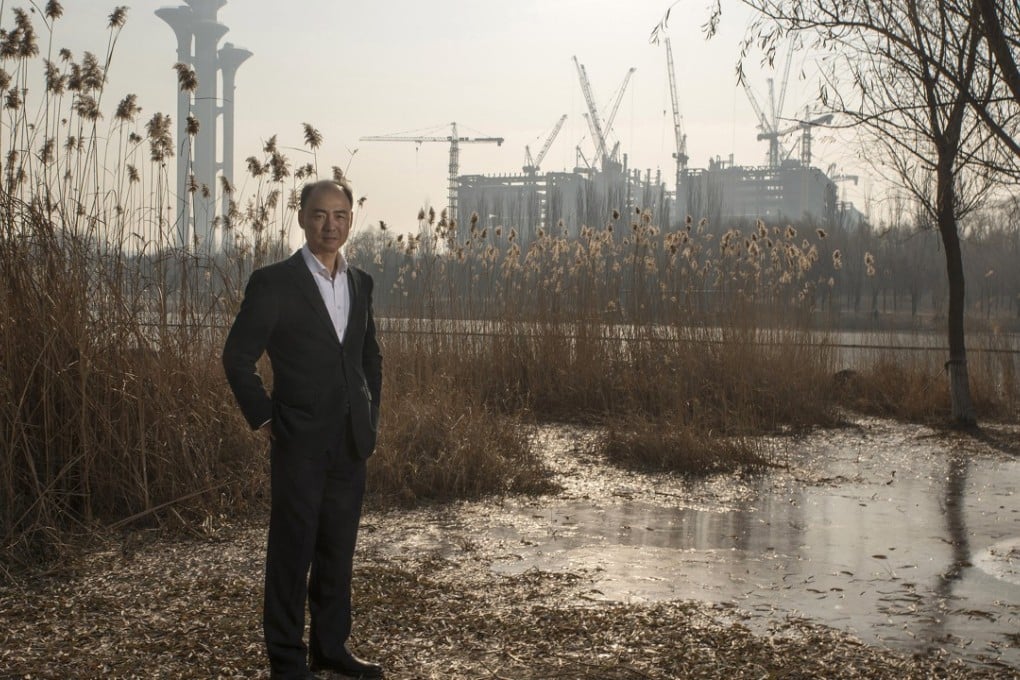The app that’s naming and shaming China’s polluters
Blue Map publishes data from government pollution monitoring websites and poor results can lead to firms losing contracts with multinationals like Apple

Ma Jun’s years as an environmental activist taught him one lesson – if you want factories to clean up their act, shaming then in front of Apple and Wal-Mart Stores works better than government fines.
Ma’s strategy – backed by Alibaba Group which owns the South China Morning Post – is to scrape real-time data off government websites that compile readings from effluent monitoring equipment at some 13,000 of the worst water polluters. The data is then aggregated on an app called Blue Map.
Factories caught cheating face repercussions. Ma’s non-profit organisation has caused some to be banished from Apple’s supplier list, be denied a desired credit rating to issue bonds or even be deprived of bank loans. For Ma, that is more effective than starting protests or lobbying local governments, which tend to raise the ire of the authorities in China.
The app taps into an explosion of public concern about pollution in the country and may help solve one of the government’s biggest headaches – the growing scarcity of clean water for its crops, industries and cities. Using smartphones and social media, millions of citizens have become the front line in the nation’s campaign to detect and punish polluters. The public engagement has contributed to a jump in the number of reported pollution violations.
Ma, author of the influential 1999 book China’s Water Crisis, said his database, which anyone can access and use for free, has identified more than 830,000 cases in which factories were either pumping excessive waste in to rivers or falsifying data by tampering with monitoring devices.